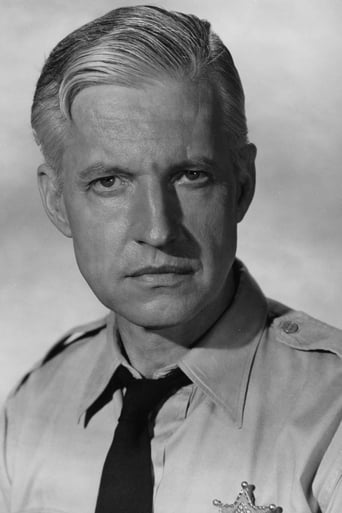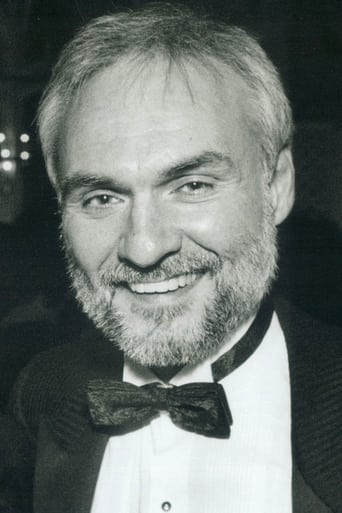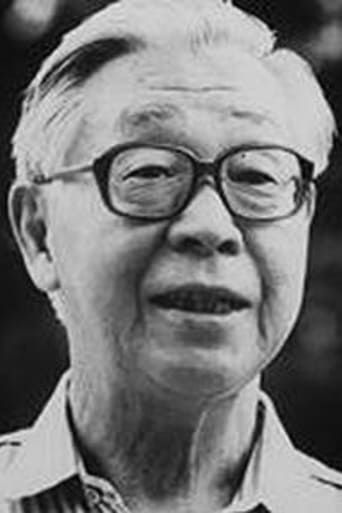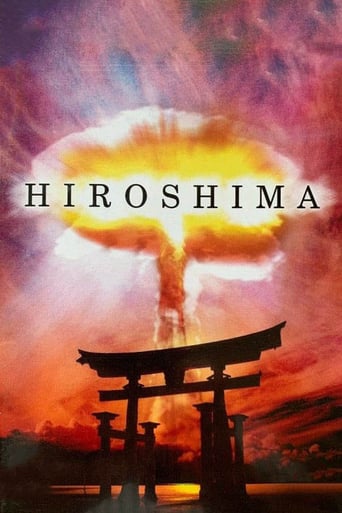
Hiroshima is a 1995 Japanese / Canadian film directed by Koreyoshi Kurahara and Roger Spottiswoode about the decision-making processes that led to the dropping of the atomic bombs by the United States on the Japanese cities of Hiroshima and Nagasaki toward the end of World War II. Except as actors, no Americans took part in the production. The three-hour film was made for television and evidently had no theatrical release, but is available on DVD for home viewing. A combination of dramatisation, historical footage, and eyewitness interviews, the film alternates between documentary footage and the dramatic recreations. Both the dramatisations and most of the original footage are presented as sepia-toned images, serving to blur the distinction between them. The languages are English and Japanese, with subtitles, and the actors are largely Canadian and Japanese.
Similar titles
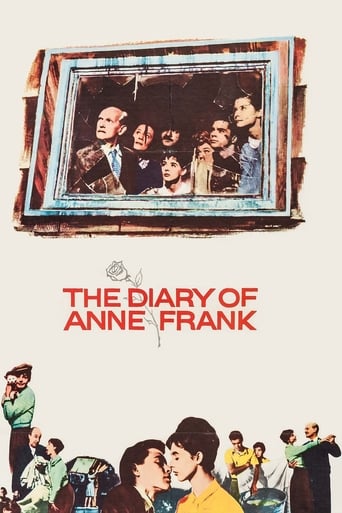
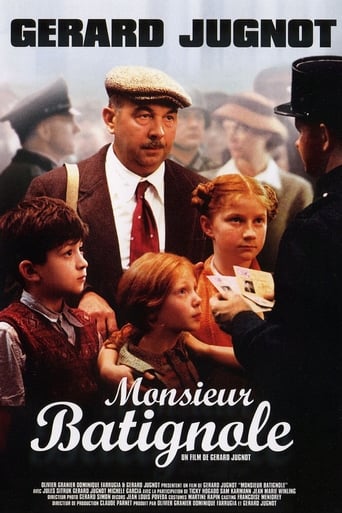
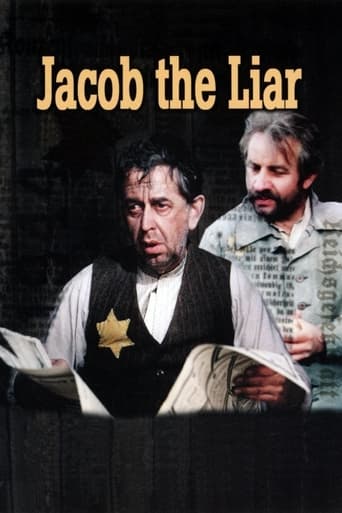
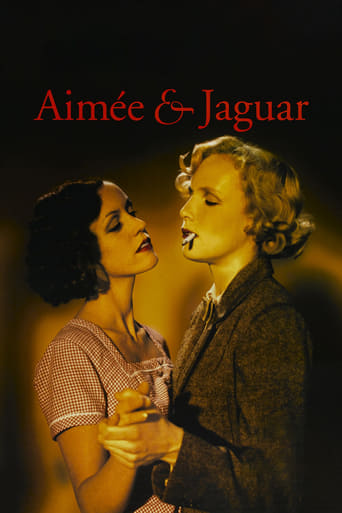
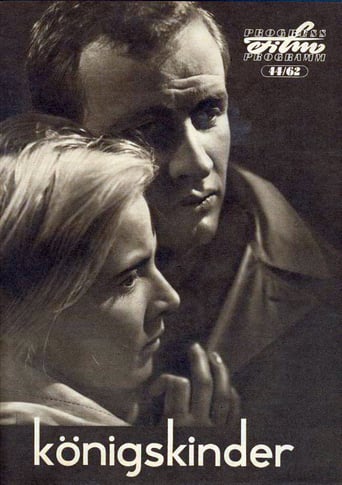
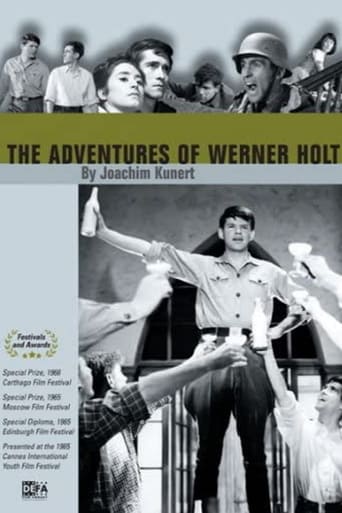
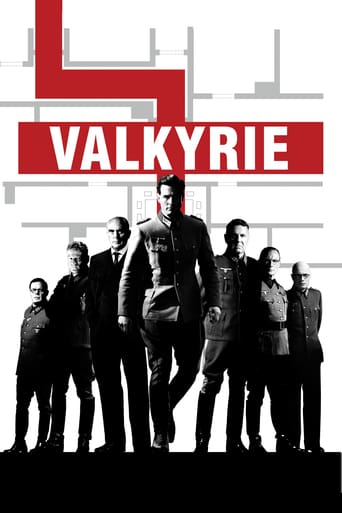
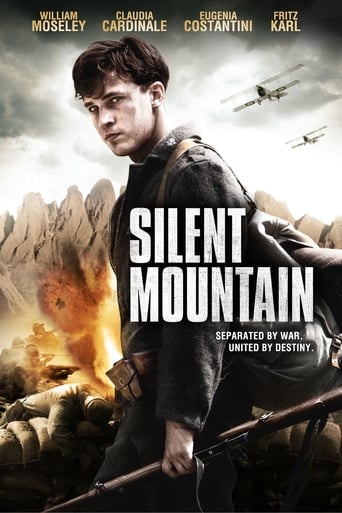
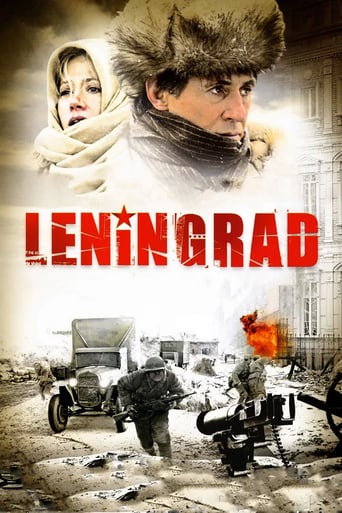
Reviews
Absolutely Fantastic
As somebody who had not heard any of this before, it became a curious phenomenon to sit and watch a film and slowly have the realities begin to click into place.
Exactly the movie you think it is, but not the movie you want it to be.
While it doesn't offer any answers, it both thrills and makes you think.
This is an outstanding production. And I think it no coincidence that it wasn't produced in the US.Over 50 years later, American emotions still run high about our use of nuclear weapons against Japan; the recent backlash against the Smithsonian exhibit is proof. This film is a nuanced, balanced, objective treatment with, as far as I can tell, remarkable historical accuracy. One sees just how simplistic and myopic the leaders of both sides were as they made (or avoided making) momentous decisions that affected the entire future of the human race. The one voice of reason, scientist Leo Szilard, is brushed off with hardly a hearing.This film is an effective indictment of our human propensity to place enormous powers in the hands of just a few individuals. I doubt any American producer could have made it.The film deftly mixes historical footage with re-enacted scenes using actors. Normally this sort of thing is rather jarring, but here it works. Even the transitions between the real Truman in newsreel footage and the actor playing him work well.
This is a brilliant, meticulous recreation of the events, both political and military, leading up to the tragic attack on Hiroshima in August 1945.Brilliant performance by Kenneth Welsh as the Missouri haberdasher President Truman, strangely ill-dressed throughout this film in his trademark double-breasted suit and multi-coloured shoes. Here, Truman is a simplistic, Forrest Gump style president grappling with enormous moral issues about using the new gadget'.The excellent cinematography recreates the story in newsreel style footage, intercut with interviews with several people from the time. Also, shows the Japanese situation in Tokyo and the hardline military people on both sides.
A very good docudrama. But you must be in the mood. It's a low-budget enterprise, talky, and with no bravura performances. Why is it good, then? I guess it's because it makes certain demands on the intelligence and moral concerns of the viewer that few other renditions of this story have bothered to even attempt. For many years, the United States mythos handled the issue in the most simplistic way. The Japanese were all kamikazes, an invasion of the Japanese homeland would cost untold thousands of lives, so we had to nuke them. Recent revisionist history has given us another version of what happened. The Japanese were on their last legs and they knew it. They were sending out peace feelers through Sweden, Switzerland, and Russia. The United States ignored these because we wanted revenge, so we had to nuke them, and fast. This film illustrates exceedingly well both the Japanese and American sides of the issue, with restraint and intelligence. There are neither heroes nor villains here. And no easy shots are made at particular figures. We can often tell, in conventional flicks, who is good and who is bad by the simple expedient of seeing whether a given character is handsome or homely. We tend not to notice this casting sleight of hand in our own movies because the difference in appearance supports our own prejudices. (We want the villain to be ugly.) But if you want this trick to be in your face, take another look at "The Cranes are Flying," a Russian war movie in which the American officer looks and sounds like a fat bumbling idiot, while the Russian commander is ruggedly good-looking and wears a tolerant shrink-like smile. Such cheap symbolism certainly isn't committed here. The commander of the Japanese army, who wants to fight to the last man, is both attractive and highly principled. Truman may not be a brilliant thinker but he is down-home shrewd and up front about everything. (If there is a problem with the casting it is that the actor playing Curtis LeMay is too handsome and polite for the part. LeMay was a courageous, ruthless, cigar-smoking blowhard, whom no one but a mother would call handsome.)So why was the bomb dropped? Evidently through a series of stochastic misunderstandings -- in intentions, exchanges, even in the translation of particular words. And ultimately in the rush of the United States to end the war -- for any number of reasons, including strictly political ones -- and in the desire on the part of the Japanese to find some sort of honorable peace in which their emporer retained his sanctity, leading to actions too deliberate to satisfy the Allies.The film is at its weakest in posing a false dilemma. (Or maybe the historical characters were responsible.) (1) We invade the islands, or (2) we nuke them without warning. All the possibilities in between are dismissed for one reason or another. One of them, given short shrift, is the possibility of a naval blockade which would shut off all supplies and cancel all naval traffic from the islands. Japan having no natural resources worth mentioning, it would have been only a matter of time before it worked. Loss of life would have been minimal, and we would not have had to use the bombs -- plural, Nagasaki was destroyed only three days after Hiroshima. One of the reasons repeatedly brought up in favor of using the bomb is that the American taxpayer has put out two billion dollars for this gadget, and if it weren't used they would want to know why their money was spent developing it. (I don't know of any words adequate to describe this sort of logic.) A blockade, however, would have taken more time, which would have involved waiting, which is not our strong suit. Another weakness is that James F. Byrne was a personal friend of Truman's. Truman, uncertain and new to the presidency, looked at him as a font of wisdom. And Byrne was a devoted hawk. This isn't made entirely clear, but it was in fact the case.Well, who knows what we and the Japanese should have done? Easy enough to make retrospective judgments. However, they should perhaps be made anyway. Maybe knowing what went wrong last time will help us prevent things from going so terribly wrong next time.
Hiroshima is a great film, originally made for cable, about events leading up to the A-bomb being dropped on Japan. It shows the Japanese perspective very well and is one of the better WW2 films of recent years. Surprisingly, it is mostly a Canadian production that is very accurate with the facts they put on screen. Very well done.
Top Streaming Movies













